Certified Australian property valuers servicing VIC, NSW, QLD
Welcome to Pierce & Widera
At Pierce & Widera, we understand that your property is one of your most valuable assets. That’s why we take the time to thoroughly inspect and analyse each property we value, taking into account its unique features and current market conditions. Our valuations help guide important real estate decisions like setting an asking price, negotiating offers, and understanding tax obligations.
Whether you’re selling your family home, purchasing an investment property or managing a commercial real estate portfolio, we can provide the expertise needed to make sure you receive maximum value. Contact Pierce & Widera today to schedule an on-site valuation or discuss how we can help with your property goals.
Our Services
Residential Valuations
We provide accurate market appraisals for houses, apartments, units, townhouses, and other residential properties. Our valuations help homeowners determine a fair asking price when selling.
Commercial Valuations
We value retail, office, industrial, and other commercial real estate. Our valuations assist commercial owners and investors make informed leasing and purchasing decisions.
Insurance Valuations
We determine rebuilding and replacement costs for home and contents insurance. Our reports provide appropriate coverage amounts to protect your assets.
Property Settlement Valuations
We supply settlement valuations for family law and estate actions. Our objective valuations help facilitate fair property settlements.
Capital Gains Tax Valuations
We complete valuations for capital gains tax purposes following the sale of a property. Our expertise helps maximise your tax return.
Land Valuations
We appraise vacant residential, commercial, industrial and rural land. Our reports assess sites for development potential.
Why Choose Us?
- Licensed & Certified Valuers
- 30+ Years Combined Experience
- Comprehensive On-Site Inspections
- Advanced Valuation Modelling
- Fixed Quotes Provided Upfront
- Fast Turnaround Times
- Collaborative Approach
Contact our friendly team today to learn more about our property valuation services!
Recent Advice
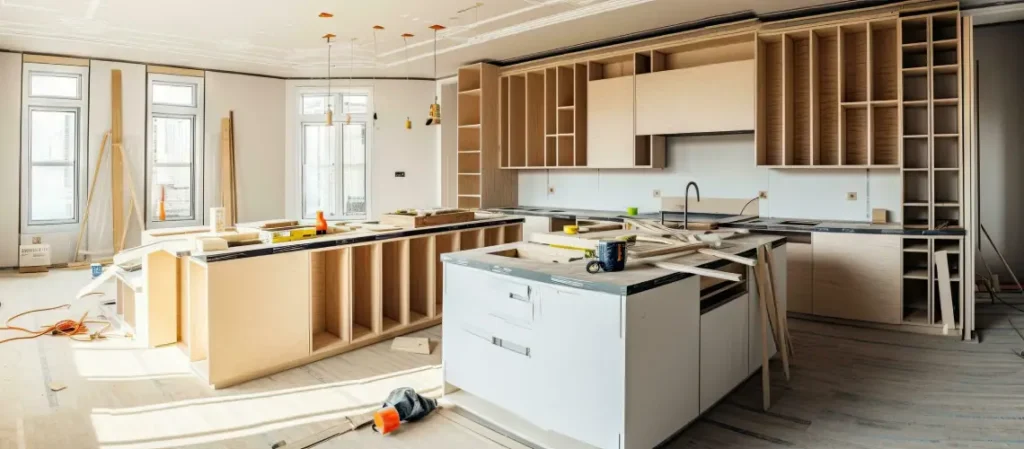
How Renovations Impact Property Valuation in Australia
Renovating your home or investment property can be one of the most effective ways to increase its value—but not all upgrades guarantee a higher valuation. In Australia’s dynamic real estate market, it’s important to understand how renovations are assessed during a property valuation, and which improvements offer the best return on investment.
How Renovations Affect Property Valuation
When assessing a renovated property, a valuer considers the quality, relevance, and market appeal of the upgrades. A well-executed renovation can increase the property’s:
- Market value (for sale or refinance)
- Rentability and yield (for investors)
- Liveability and appeal to buyers
However, renovations that are poorly planned, non-compliant, or out of sync with the surrounding neighbourhood may add little or no value—and in some cases, even reduce it.
What Valuers Look For in Renovated Properties
During a property valuation, the valuer will inspect and assess:
- The scope of the renovation – Cosmetic vs structural
- Workmanship and quality of finishes
- Permits and approvals for structural or significant works
- Changes to floorplan, space, or layout efficiency
- Energy efficiency upgrades or compliance with modern codes
- How the renovation compares to similar properties in the area
They will also review recent comparable sales of similarly renovated homes to benchmark value.
Renovations That Commonly Increase Property Value
Kitchen Upgrades
- Modern cabinetry, appliances, and benchtops
- Functional layouts and improved lighting
- Open-plan designs that connect to dining/living areas
Why it adds value: Kitchens are considered the heart of the home—buyers and tenants value updated, practical spaces.
Bathroom Remodels
- New vanities, tiles, fixtures, and fittings
- Added ensuite or second bathroom
- Improved ventilation and water efficiency
Why it adds value: Bathrooms influence liveability and resale appeal, particularly in older homes.
Flooring and Paintwork
- Timber or engineered flooring over old carpet
- Fresh, neutral paint to modernise interiors
Why it adds value: These affordable upgrades refresh the property and appeal to a wider buyer market.
Outdoor Enhancements
- Decks, pergolas, and landscaping
- Outdoor kitchens or entertaining areas
- Improved street appeal and fencing
Why it adds value: Outdoor living is a key lifestyle feature in many Australian climates, particularly in suburban homes.
Energy Efficiency Improvements
- Solar panels or battery systems
- Insulation and glazing upgrades
- Efficient lighting and heating/cooling systems
Why it adds value: Growing buyer awareness of energy costs and sustainability makes efficient homes more attractive.
Renovations That May Not Add Value
- Overcapitalising in low-growth suburbs
- Luxury upgrades in modest properties
- DIY work that lacks permits or quality
- Swimming pools (can be divisive due to upkeep)
- Highly personalised décor that limits broad appeal
Valuers assess renovations in the context of the market. A high-end kitchen in a budget suburb may not deliver the expected return.
How to Prepare for a Post-Renovation Valuation
- Keep records of all renovations, including builder invoices, material costs, permits, and warranties
- List key upgrades made since the last valuation
- Ensure the property is clean, staged, and presented well
- Provide a timeline of renovations and improvements
- Highlight any structural or compliance upgrades
The more evidence you provide, the easier it is for a valuer to accurately reflect your property’s new condition.
Timing Matters
A post-renovation valuation is often sought for:
- Refinancing your home loan
- Increasing equity for further investment
- Preparing to sell at a higher market value
- Updating depreciation schedules for tax deductions (especially for investors)
Getting a valuation soon after renovations are complete ensures the market impact of your upgrades is captured at its peak.
Conclusion
Renovations can significantly boost a property’s value—but only when they’re strategic, well-executed, and suited to the local market. By understanding what valuers look for and focusing on improvements with broad buyer appeal, you can ensure your investment is rewarded during the valuation process.
For a professional and accurate assessment of your property’s post-renovation value, consult a Certified Practising Valuer with experience in your local area.

Understanding Internal Accounting Valuation: Key Insights for Property Owners
In the complex world of property ownership, accurate financial reporting is crucial. One essential aspect that property owners need to understand is internal accounting valuation. This process plays a significant role in ensuring that your financial records accurately reflect the value of your assets, particularly your properties.
What is Internal Accounting Valuation?
Internal accounting valuation is the process of assessing the value of a property for financial reporting purposes. This valuation is critical for maintaining accurate balance sheets, income statements, and other financial documents. It ensures that the reported value of your property aligns with its current market value, taking into account factors like depreciation, improvements, and market conditions.
Why is Internal Accounting Valuation Important?
Accurate internal accounting valuation is vital for several reasons:
- Accurate Financial Reporting: Ensures that your financial statements reflect the true value of your assets, which is crucial for stakeholders, investors, and regulatory compliance.
- Taxation Purposes: Accurate property valuations are essential for calculating depreciation and other tax-related deductions, ensuring you pay the correct amount of tax.
- Informed Decision Making: Understanding the true value of your property allows you to make better decisions regarding asset management, including potential sales, reinvestments, or improvements.
The Role of Professional Property Valuation Services
Engaging specialists in property valuation services for your internal accounting needs is crucial. Professional valuers have the expertise to provide accurate and comprehensive valuations, taking into account all relevant factors that could impact the value of your property. This ensures that your financial records are precise and reliable.
When Should You Get an Internal Accounting Valuation?
It’s advisable to have an internal accounting valuation conducted regularly, especially when there are significant changes to the property or the market conditions. Regular valuations help keep your financial records up-to-date and ensure compliance with accounting standards.
Contact Our Specialists Today
Don’t compromise on the accuracy of your financial reporting. Ensure your property’s value is accurately reflected by contacting our specialists in property valuation services today. Our experienced team is ready to assist you with comprehensive internal accounting valuations, helping you maintain precise and compliant financial records.
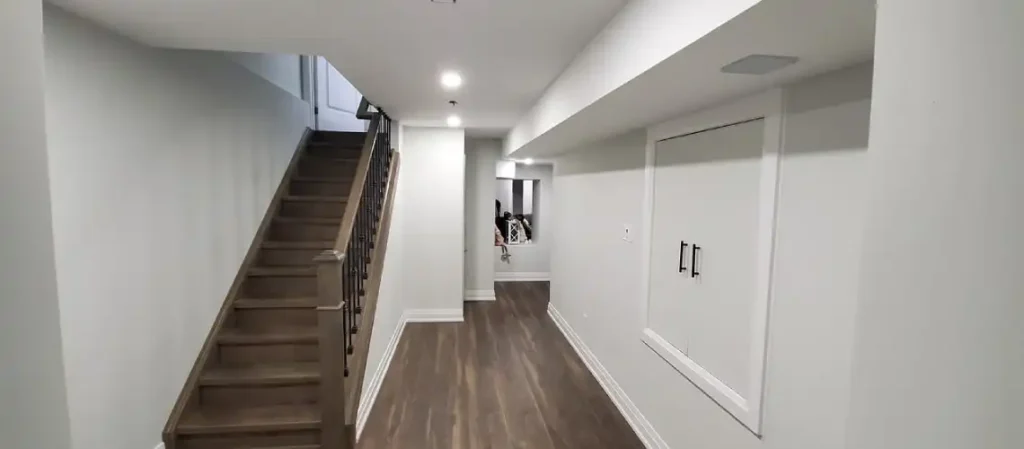
Valuing Properties with Value-Adding Potential: A Comprehensive Guide
Discovering a property with the potential for value addition through renovations is akin to uncovering a hidden gem in the real estate market. Understanding the art of accurately valuing these properties can significantly impact investment decisions.
Understanding Renovation Potential Valuation
Renovation potential valuation is a nuanced process that estimates the future value of a property post-renovation. This valuation is critical for investors and homeowners looking to maximise their return on investment (ROI) by identifying properties that, with the right improvements, can yield significant value increases.
Key Factors Influencing Renovation Valuation
Several factors play into the valuation of properties with renovation potential:
- Current Market Trends: Understanding the demand for certain property features or improvements in your area can guide renovation efforts.
- Cost of Renovations: Accurately estimating the cost of proposed renovations is crucial to ensure that the value added exceeds the investment.
- Comparable Properties: Analysing the sale prices of renovated properties in your vicinity provides a benchmark for potential post-renovation value.
Methods for Valuing Fix-up Properties
Valuing a fixer-upper involves a combination of traditional valuation methods and considerations specific to the property’s renovation potential.
Comparative Market Analysis (CMA)
CMA involves comparing the subject property with similar properties in the same area that have recently been sold, are currently on the market, or were on the market but didn’t sell. Adjustments are made for differences, including the extent of necessary renovations.
Cost Approach
This method calculates the property’s value as the land cost plus the current value of the building, minus depreciation, plus the value added through renovations. It’s particularly useful for unique properties where comparables are hard to find.
Income Capitalisation Approach
Best suited for investment properties, this approach values a property based on the revenue it’s expected to generate after renovations. It’s a common method for properties intended for rental.
Maximising Renovation ROI
Identifying the right renovations is key to maximising ROI. Not all improvements offer the same value boost, so focusing on renovations that are known to increase property value is essential.
- Kitchen and Bathroom Updates: These areas often offer the best return on investment due to their importance to potential buyers.
- Adding Living Space: Increasing the usable living space of a property, whether through extensions or reconfiguring the existing layout, can significantly add value.
- Improving Energy Efficiency: Enhancements such as insulation, double-glazing, and solar panels not only attract eco-conscious buyers but can also reduce future running costs.
- Curbside Appeal: First impressions matter. Simple improvements to a property’s exterior can greatly increase its appeal and, by extension, its value.
Conclusion
Valuing properties with renovation potential is a specialised skill that can unlock significant investment opportunities. By understanding the key valuation methods and focusing on high-ROI renovations, investors and homeowners can maximise their returns. Whether you’re a seasoned investor or a first-time homebuyer, mastering the art of renovation potential valuation is a crucial step towards successful property investment.
Optimising your investment strategy by identifying and valuing fix-up properties requires a keen eye for potential, an understanding of the market, and a well-planned renovation strategy. Armed with these insights and strategies, you’re well on your way to unlocking the true potential of properties in need of a little TLC.
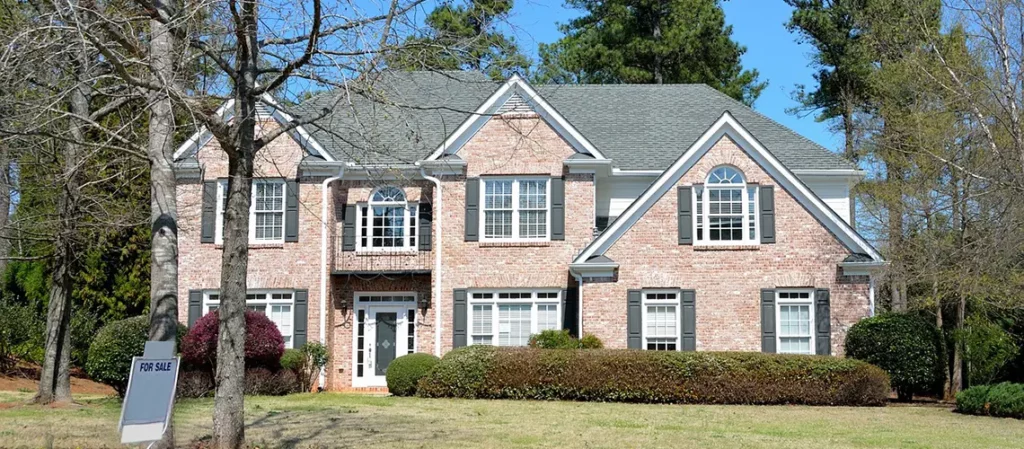
When Do I Need a Property Valuation?
Decoding the Importance of Property Valuation
A property valuation is an essential step in various scenarios, providing an unbiased estimate of a property’s worth. Understanding when to get a valuation can guide your decisions in real estate, finance, and legal matters.
The Role of Property Valuation in Real Estate Transactions
Valuations play a crucial role in real estate transactions, offering a clear picture of a property’s market value. They ensure both buyers and sellers enter negotiations with a fair, informed perspective.
Key Scenarios Requiring Property Valuation
1. Selling Your Property
Before listing your property for sale, a valuation gives you a realistic expectation of its worth, helping to set an appropriate asking price.
2. Buying a Property
For buyers, a valuation ensures you’re making a sound investment and not overpaying for your new home or investment property.
3. During Divorce Proceedings
In the event of a divorce, property valuations are vital for equitable distribution of assets.
4. Handling Deceased Estates
Valuations are necessary for the fair distribution of assets in a deceased estate, ensuring all beneficiaries receive their rightful share.
5. Securing a Loan
Lenders often require a property valuation Sydney to determine the loan amount and terms when securing a mortgage or refinancing.
6. For Taxation Purposes
Property valuations are often needed for tax calculations, such as capital gains tax, or in disputes with taxation authorities.
- Assessing market value when selling or buying a property
- Equitable asset division during divorce or handling deceased estates
- Establishing property value for securing loans or meeting tax obligations
Choosing the Right Time for a Property Valuation
Timing Is Key in Real Estate Decisions
The right timing for a valuation can significantly impact your financial outcomes in real estate transactions. Consider market conditions and personal circumstances when deciding when to get a property valuation.
Reasons for Property Valuation: A Summary
Property valuations serve as a fundamental tool in various scenarios, from real estate transactions to legal and financial matters. Knowing when to get a valuation can empower you with accurate information, ensuring you make informed decisions in crucial moments. Whether you’re selling, buying, dividing assets, or dealing with financial and tax obligations, a professional valuation offers the clarity and certainty needed to navigate these significant life events.

